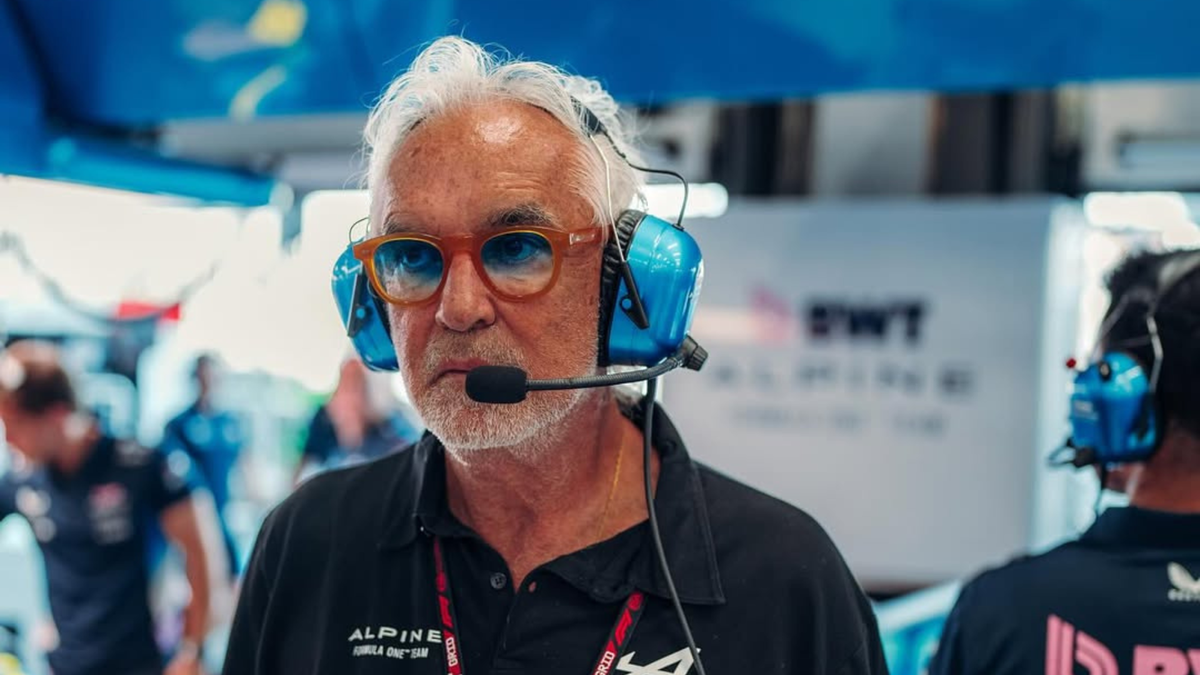Another of the best shorts is the black comedy by Sofía Szelske, from Buenos Aires, “Después de las 12”, which deals with a lot of humor laced with suspense and a psychological thriller to round off a very good work about Christmas and a dark character who works as Santa Claus in a toy store, which got several laughs from the audience.
“Bitter Almonds”, by Andrés Denegri from Buenos Aires, was also noted in the viewers’ preferences due to its careful setting in the late seventies and handling a tense and often humorous approach with touches of Roman Polanski in which a married couple settles in a new apartment with a very particular neighbor who wants to give them desserts, in the media context of the adventures of the poisoner “Yiya” Murano.
Cecilia Petrujno’s participation with “Three Wishes, One Truth” was very well received, with a heartfelt theme that the director whitewashes as her own by dedicating the film to her mother, a victim of gender-based violence, in which the sad story is told of a girl, also beaten by her father, and her little brother, who plan magical ways from their childhood longing for their parents to separate to end their dark situation.
“The name of the son”, by Martina Matzkin, manages with sensitivity and dexterity to touch on a trite current issue in the audiovisual world such as the trans theme and achieves a good result by avoiding commonplaces and keeping until the end the unknown of what is happening, making a good contribution to a subgenre that often remains merely good intentions, owing originality.
In the short documentary “Las picapedreras”, Azul Aizenberg explores the so-called Huelga grande de Tandil promoted by the stonecutter workers in 1908. Based on incomplete historical records that prompted her to complete them, the director also takes the opportunity to claim the role feminine in the matter when noticing that this dimension was not contained in the historiography.
With a deliberately propagandistic imprint in its evocations and final conclusions, the short film also had a strong impact on programming by differentiating itself from the rest in its exhortation to rebellion as a flag and politically activist attitude.
On the other hand, the cycle also provided variety with “Yon”, an accomplished work that borders on video art through the documentary format, in which Bárbara Lago uses video material from her childhood to create with a lot of doll, from the editing the images, some sequences that exhibit a lot of style and knowledge of montage to narrate his particular first years of life, covering issues of queer identity and sexuality.
Eduardo Igolnikow, from La Plata, also stood out, with his comic short “Rebelado”, which narrates the future of a local photo ID and was one of the films that got the most laughs at its screening.
In the Binational section, “Ayudemos al virus” by Ana Fresco stood out, with a particular pandemic dystopia with a lot of black humor about a group of young vandals who seek to infect the local elderly with Covid-19.
Also screened in that section were “Primavera” by Leonel Planes, “Troquel del mundo distraído” by Sebastián Bravo Díaz, “Nain” by Abril Sanz, “Un niño solo” by Miguel Garcés, “No es ella” by Samuel González, ” Inche Felipe” by Walter Castro Veliz, and “Reminiscence” by Juan Pablo Duprez, among others.
Another of the sections with the greatest projection is the Patagonian Project Under Construction Competition, which through short films and as a sample of a work that seeks to be expanded, has filmmakers from the region who aspire to develop their ideas.
From that section, Télam spoke with Malen Otaño, from San Martín de los Andes, who presents “Miren Felder”, the name of her grandmother, who accompanied her husband on a diplomatic mission to Brazil in the 1960s.
The couple lived there when the Castelo Branco dictatorship began. The atmosphere of the time and family life were portrayed by the director’s grandfather, an amateur photographer. Years later, he was an official of the dictatorship.
The director finds messages left by her grandmother and visits a medium in Brazil to meet her, after her death in a plane crash. It is a documentary and experimental short film project, with the resource of “found footage”.
“In the short I investigate, question and construct the character of my grandmother who died in a plane crash in 1977 and the effects that this produced on the female lineage,” said the 38-year-old artist, who trained in Córdoba as a psychoanalyst and in the Visual Arts career, in addition to training as a filmmaker with the Torcuato Di Tella film program.
The theme to be presented is part of a series of works in other formats based on a multidisciplinary approach that earned Otaño several awards that allowed him to continue financing the multiple versions of his projects.
“I come from the world of video installations and video art; I won in 2013 as an emerging artist from Córdoba and in 2015 with the prize I got from the Future Platform of the Ministry of Culture of the Nation I was able to finance going to look for the plane, and I made a very experimental shoot to record it,” he said.
Then, in 2018, Otaño won the Encouragement Award from the Rosa Galisteo Museum of Fine Arts in Santa Fe, where he made an installation with a video with the plates of the plane in which his grandmother died.
Also in 2020, together with her sister Suyai, she edited the book “Twin Otter T-87”: “It has mixed formats, a narrative part, another that is a poem made with newspaper clippings from the time, a survival manual, photos, maps and diaries”. “I’m also working on a play with my sister, a performance film, ‘The Beasts,’ which won the National Fund,” she added.
As for the Under Construction competition, it is “a prologue that is already finished and the idea is that it works as a separate and independent piece and that it can be shown when it becomes long”.
“It has a resource that is to use the 1964 photo archive from Brazil to tell something that happened in Patagonia and try to answer the question of what my grandmother saw,” he concluded.
Source: Ambito
David William is a talented author who has made a name for himself in the world of writing. He is a professional author who writes on a wide range of topics, from general interest to opinion news. David is currently working as a writer at 24 hours worlds where he brings his unique perspective and in-depth research to his articles, making them both informative and engaging.




